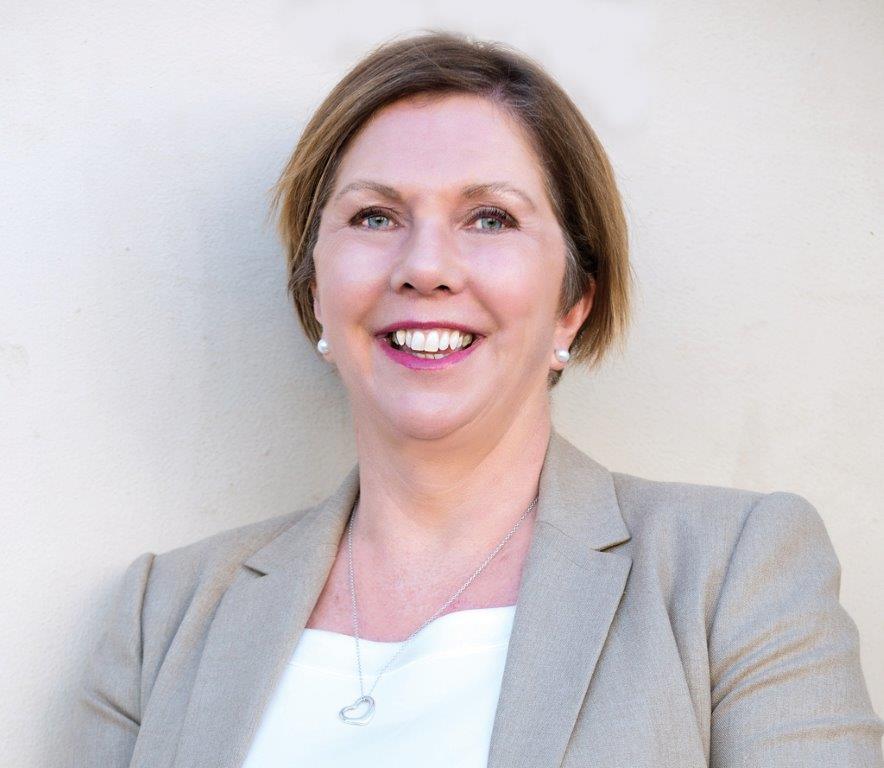p align=”justify”>I’d like to begin by acknowledging the traditional owners of the land on which we gather – and pay my respects to their Elders, past and present.
May I particularly acknowledge:
• David Davis, the Victorian Minister for Health
• Professor Juliana Chan from Hong Kong
• Professor Paul Zimmett
• Co-chairs Sir Michael Hirst and Guy Barnett
• And the many other members of parliament and eminent people we have here today.
Thank you for the invitation to be here this morning.
,^^^,
I’d like to begin by acknowledging the traditional owners of the land on which we gather – and pay my respects to their Elders, past and present.
May I particularly acknowledge:
• David Davis, the Victorian Minister for Health
• Professor Juliana Chan from Hong Kong
• Professor Paul Zimmett
• Co-chairs Sir Michael Hirst and Guy Barnett
• And the many other members of parliament and eminent people we have here today.
Thank you for the invitation to be here this morning.
I’d like to firstly acknowledge the advocacy of your co-chairs Sir Michael Hirst and Guy Barnett in bringing this Forum together.
We know that just in Australia 8 per cent of the population is living with diabetes, and that this is expected to increase to 14 per cent over the next two decades.
This is an epidemic all governments across the world are having to address.
It’s very timely therefore that so many policy makers from across the world are here in Melbourne this week to collaborate on this shared challenge.
There’s the opportunity to learn from the experiences of other governments as well as to hear from medical and public policy experts from Australia and the rest of the world.
At dinner last night I had the opportunity to meet with a number of members of parliament from around the world.
In one way or another I’ve been involved in health policy development my entire working career, including as Parliamentary Secretary for Health and Ageing, but the Forum put together here over the weekend is truly a unique one.
It’s also a magnificent opportunity to show off this wonderful city.
I understand the more than 14,000 delegates who will attend the International Diabetes Federation’s ‘World Diabetes Congress’ have already started arriving.
The challenge we face here in Australia is a pronounced one.
The 2011/12 Australian Health Survey showed that the number of people with diabetes had increased by 9.8% from the 2007/08 survey.
And this rate only continues to increase.
Governments across Australia recognised the significance of this challenge when the Council of Australian Governments signed the National Partnership Agreement on Preventive Health four years ago.
This Agreement provided $872 million over nine years from 09/10 to address the rising prevalence of lifestyle related chronic illness.
It’s of the utmost importance that people affected by diabetes have access to affordable, high quality treatment.
This is something Labor was committed to in government and we will be holding this government to account to ensure this continues.
When Labor was in government we spent around $372 million per year subsidising medicines for diabetes management.
It will be important that this funding increase and that priority be given to new medicines as they become available.
As Shadow Health Minister this is certainly something the Opposition will be closely monitoring.
In government Labor’s $6.1 million type 1 diabetes insulin pump program covered up to 80% of the cost of pumps for eligible low-income families – a program that helped 439 Australian children.
My colleague Tanya Plibersek as Minister in July this year increased this funding by $870,000 which helped another 136 families – something I was very pleased to see the new Minister Peter Dutton see through late in October.
The Opposition certainly welcomes the government’s commitment to provide $35 million to the Juvenile Diabetes Research Foundation for research into a cure for type 1 diabetes.
I look forward to the government making an announcement before the end of the year about where this money is coming from and confirming it won’t come from cuts to other areas of the health portfolio.
We too of course had a very positive working relationship with Diabetes Australia when in government, and it’s important to acknowledge the way governments have been able to partner with Diabetes Australia to implement programs.
In 2011 the federal government extended the National Diabetes Services Scheme by five years.
This $1 billion program provides Australians with diabetes with access to over 4 million products annually to self-manage their condition.
This covered products like insulin pump consumables, blood glucose lowering injectable medication, glucose test strips and other items.
As part of the agreement we also extended funding for National Diabetes Awareness Week.
The federal Opposition supports the role Diabetes Australia is to play in developing a National Diabetes Strategy and will work to ensure this best meets the needs of those living with diabetes and best allocates the resources available.
Thank you again for the opportunity to address you all today.
For those participating in the Congress over the week ahead I wish you all the very best and trust that it will be a rewarding experience with plenty of new ideas discussed and the opportunity to pursue policies to best address the challenges diabetes pose.
Thank you.

